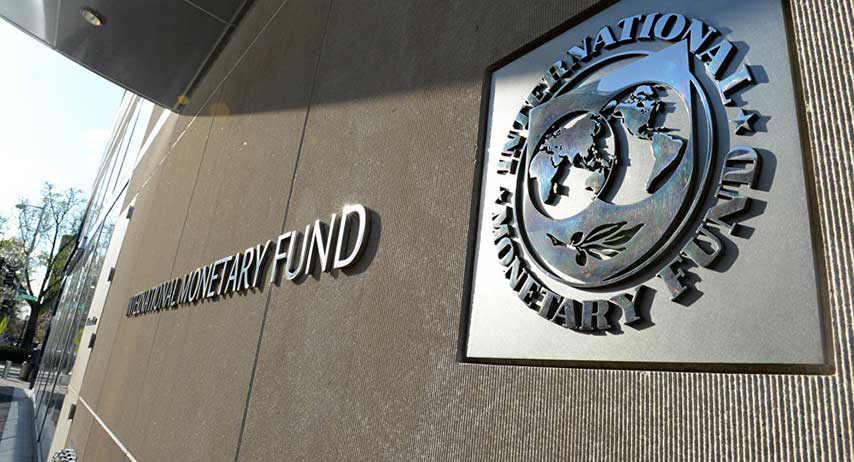IMF staff concludes visit to Jamaica to discuss progress of Economic Program.
- The unemployment rate is at 8-year low, with record high employment levels.
- The tax revenues overperformance is being allocated, inter alia, to post-flooding repairs and national security initiatives under the supplementary budget.
- The IMF team and the Jamaican authorities concurred on the urgent need to accelerate wage negotiations.
An International Monetary Fund (IMF) staff team led by Uma Ramakrishnan visited Kingston from December 4 to 8, 2017, to take stock of progress on Jamaica’s economic reform program supported by the IMF’s precautionary Stand-By Arrangement (SBA). This was an interim visit with no associated Board discussion; the third review under the SBA is planned for February 2018, in conjunction with the 2018 Article IV Consultation.
At the end of the visit, Ms. Ramakrishnan issued the following statement:
“Despite the toll of weather swings on growth, Jamaica’s unemployment rate is at 8-year low, with record high employment levels. Inflation is modest, and expectations are anchored in the medium-term target range of 4-6 percent. Non-borrowed net international reserves remain above the program target, supported by robust tourism inflows and a moderate current account deficit.
“The primary surplus exceeded the program target at end-September largely as a result of continued buoyant corporate income taxes. The tax revenues overperformance is being allocated, inter alia, to post-flooding repairs and national security initiatives under the supplementary budget.
“Delayed public sector wage negotiations pose significant budgetary risks. The IMF team and the Jamaican authorities concurred on the urgent need to accelerate these negotiations. The team reiterated that wage containment is critical to release resources for the much-needed social and growth-enhancing spending. More fundamentally, it is essential to make the public sector smaller, more agile and more efficient. The process for rolling out the early retirement program for public sector employees has begun, with an expected completion point of April, 2018. As agreed with the authorities, it is important to calibrate this program in such a way that long-term gains outweigh its short-term costs.
“The Bank of Jamaica (BoJ) Foreign Exchange Intervention and Trading Tool (B-FXITT) is supporting sustained foreign exchange (FX) market development. The central bank has also started reducing the FX surrender requirement and is contemplating the roll-out of buy FX auctions as a more transparent and market-based approach to build FX reserves.
“The envisaged revisions to the BOJ Act—including changes to the mandate, governance structure and BOJ balance sheet—are critical to the shift to full-fledged inflation targeting. The IMF team also discussed the financial sector resolution framework and the way forward on non-bank regulations.
“The IMF staff met with Prime Minister Andrew Holness, Finance Minister Audley Shaw, Bank of Jamaica Governor Brian Wynter, State Minister Fayval Williams, State Minister Rudyard Spencer, Ambassador Nigel Clarke, Acting Financial Secretary Darlene Morrison, Planning Institute Director General Wayne Henry, senior government officials, as well as members of the private sector, the three program monitoring committees, women leaders and academics, agricultural sector, labor unions, the opposition and civil society.
“The IMF staff team would like to thank the Jamaican authorities for their continued hospitality and collaboration.”





